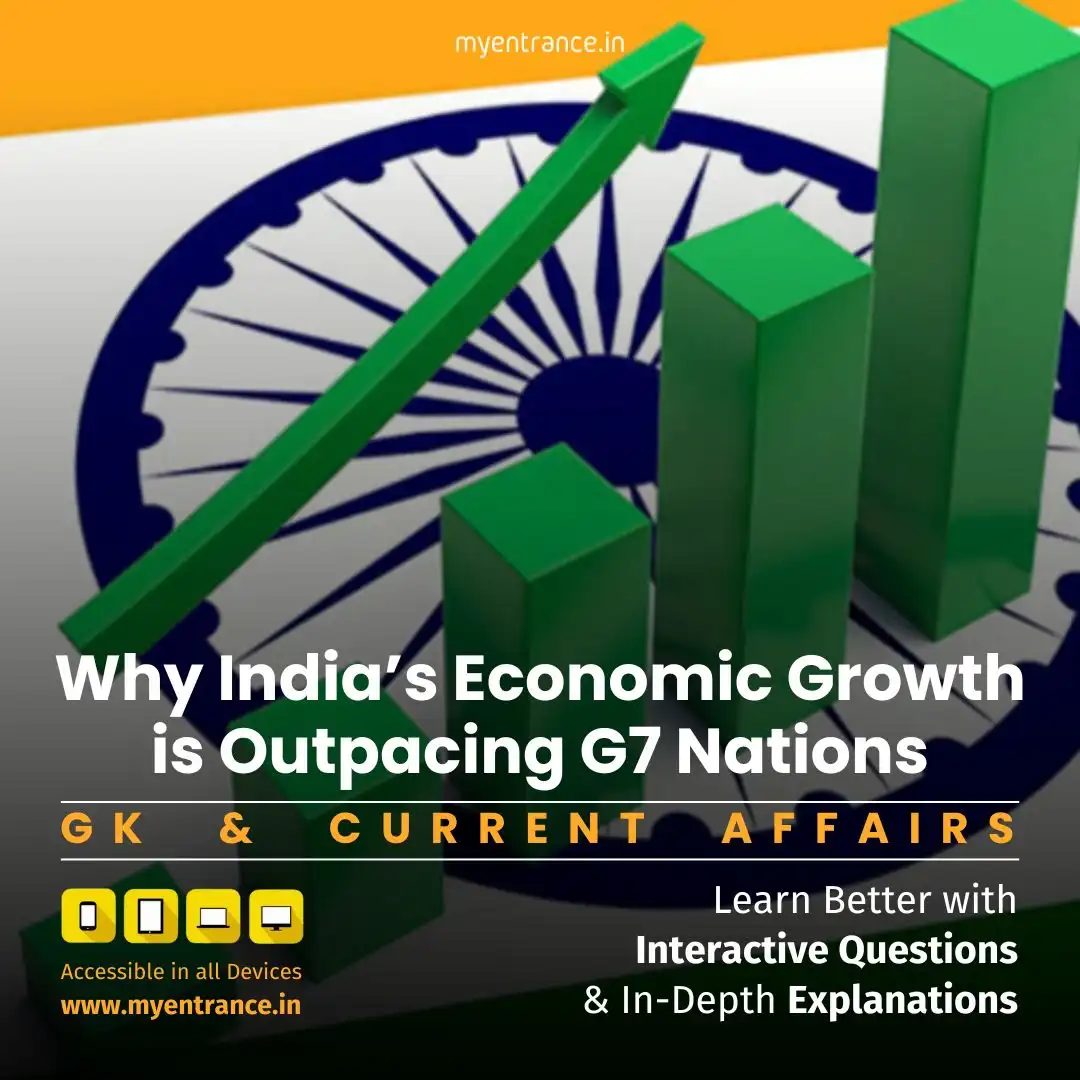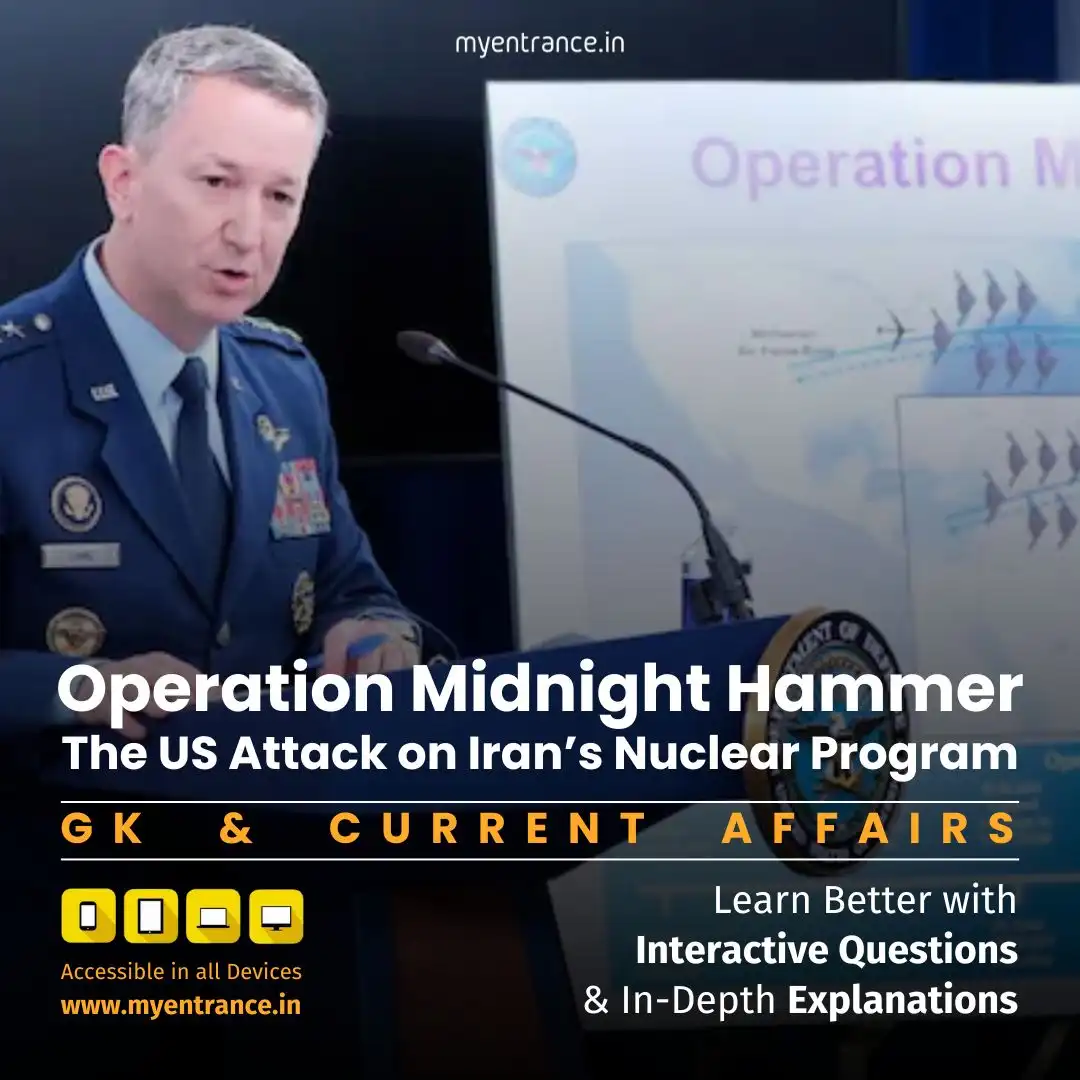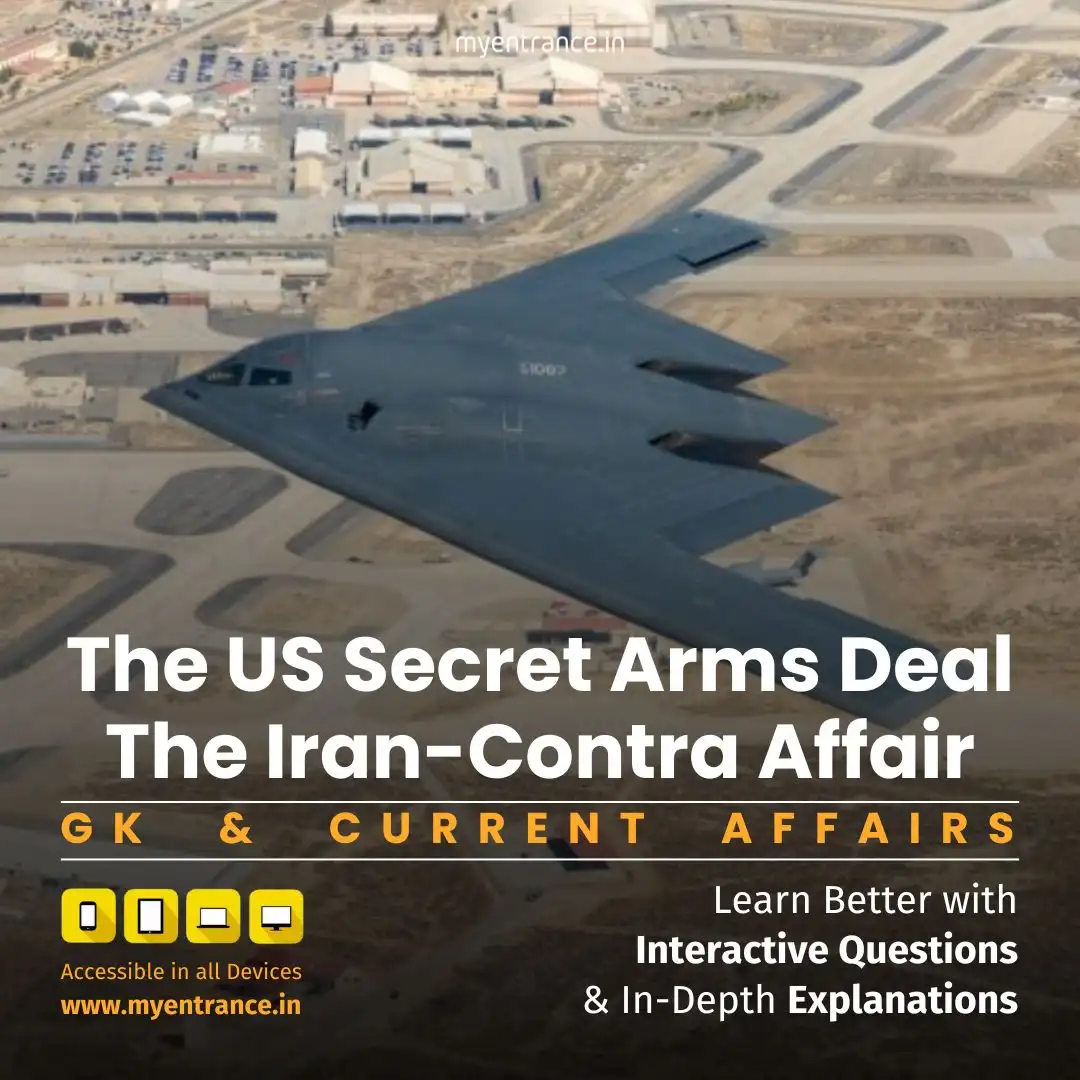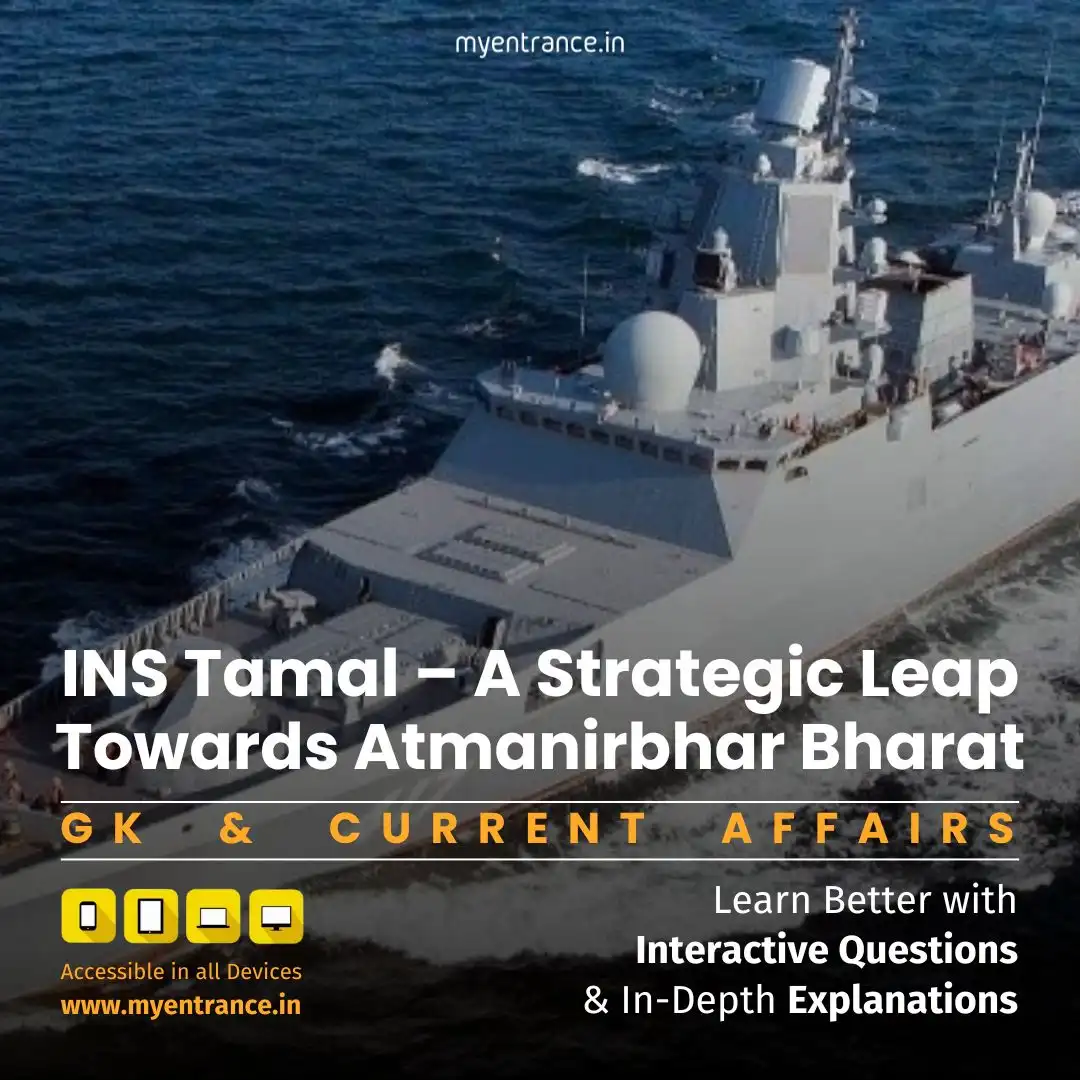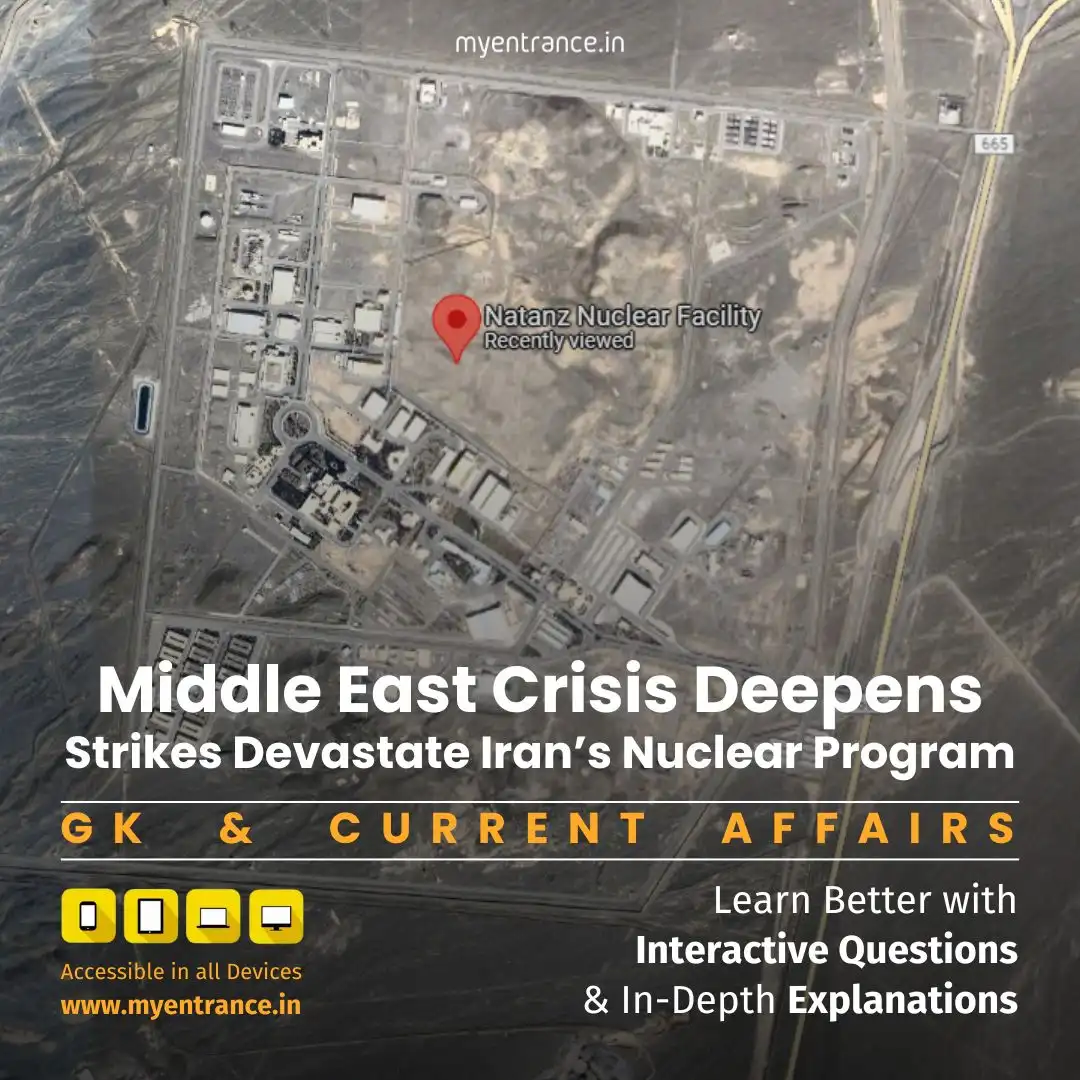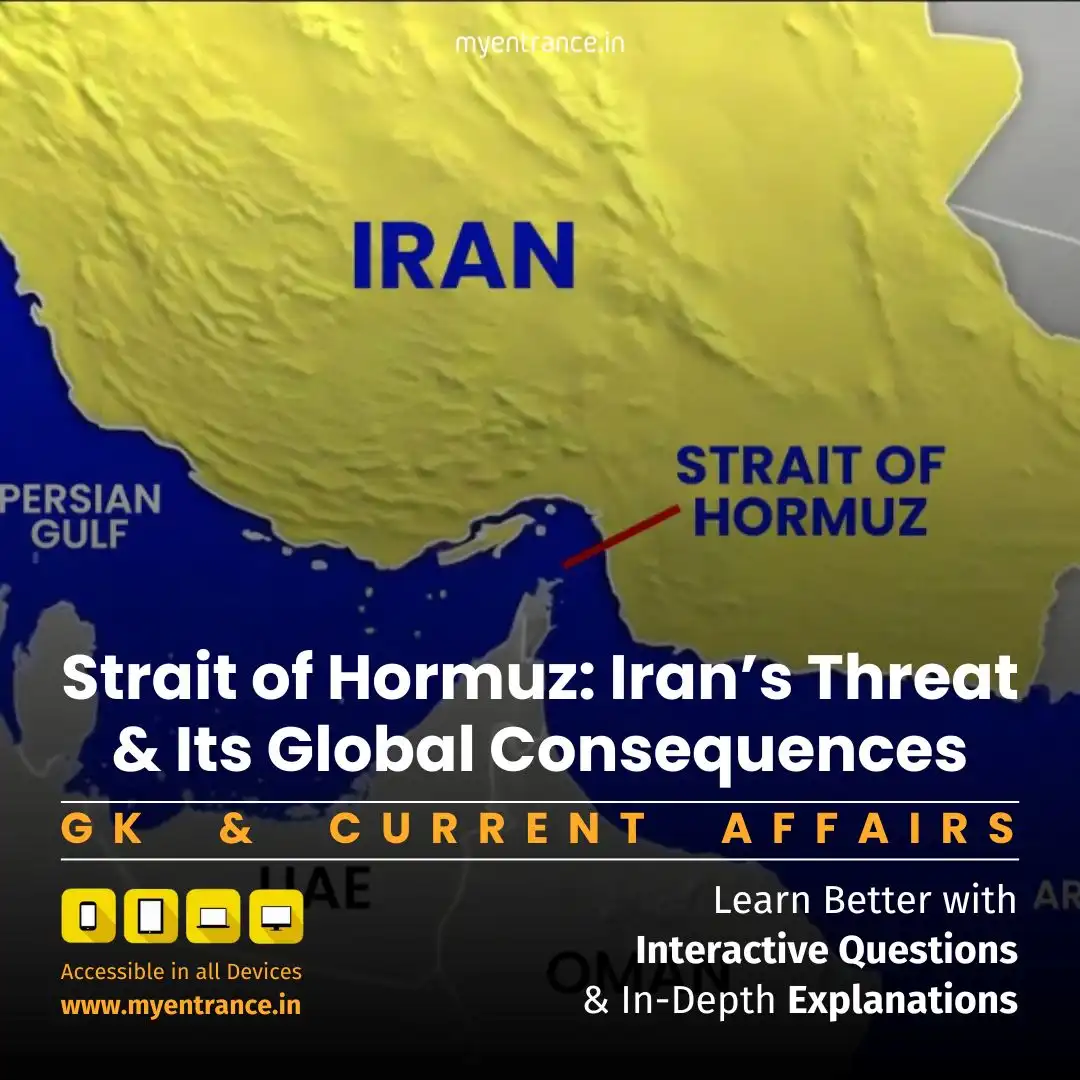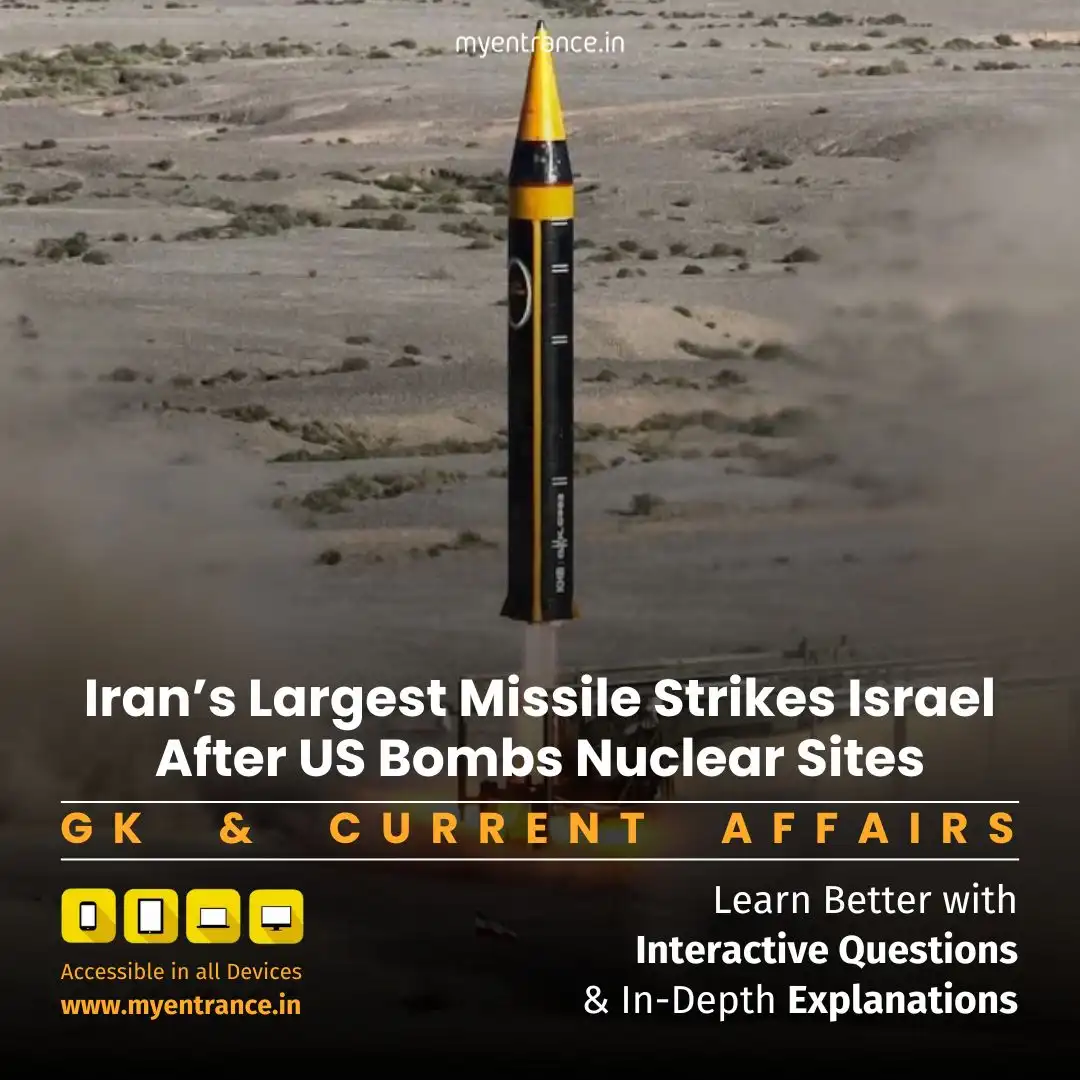Select Language
How Iran’s Strait of Hormuz Closure Could Disrupt Global Energy Supply
Iran’s Supreme National Security Council is considering shutting down the Strait of Hormuz following US military strikes on its nuclear facilities. This decision could disrupt global oil supplies and escalate tensions in an already volatile region.
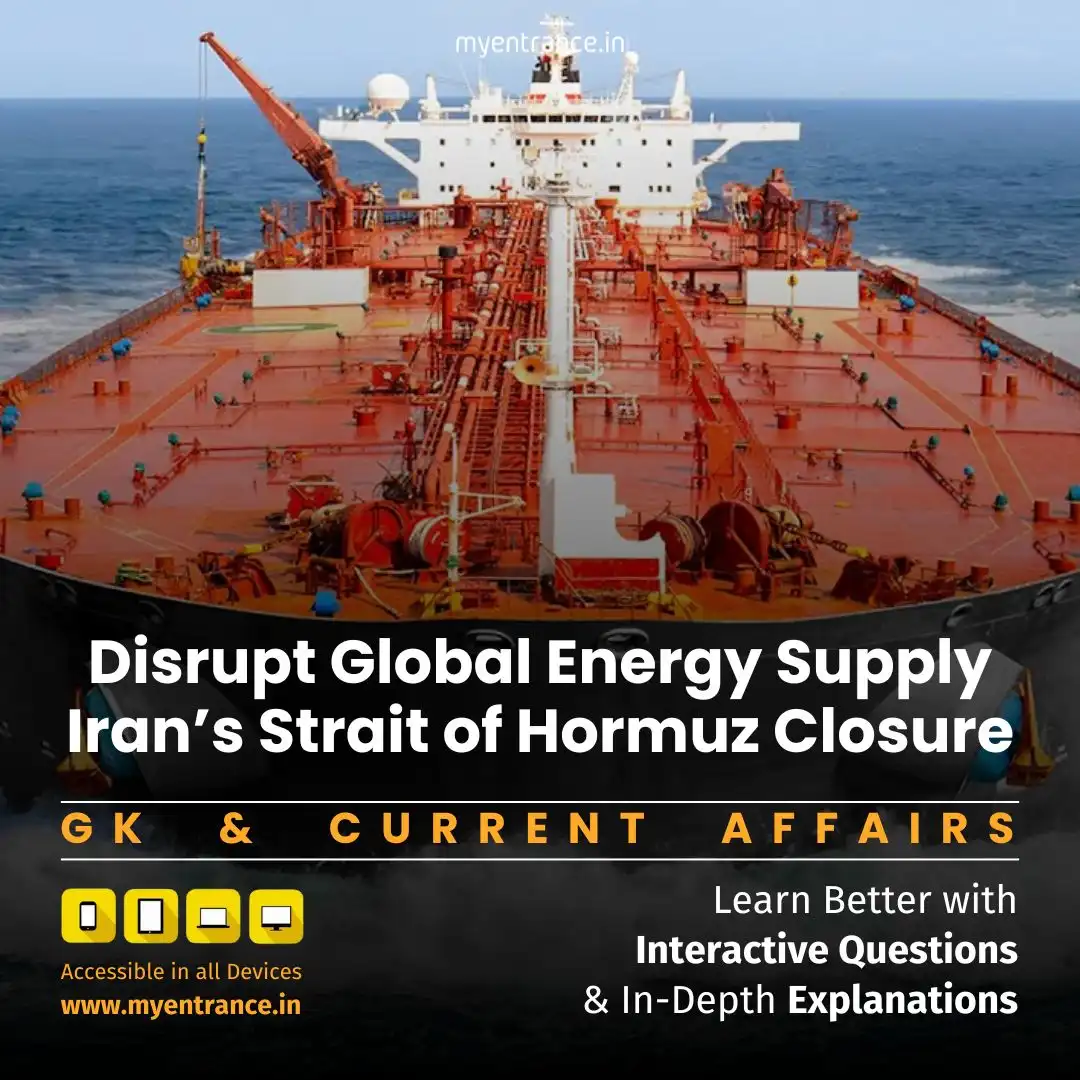
Why the Strait of Hormuz Matters
The Strait of Hormuz is one of the world’s most crucial maritime chokepoints, connecting the Persian Gulf with the Gulf of Oman. Here’s why its potential closure is alarming:
Vital for Global Oil Supply: Around 20% of the world’s oil passes through this strait daily.
Key for Energy-Dependent Nations: Countries like China, India, Japan, and South Korea rely heavily on oil from the Middle East.
Geopolitical Flashpoint: Any disruption could lead to military confrontations involving the US, Europe, and regional powers.
Iran’s Parliament Approves Closure—What Happens Next?
Iran’s parliament has backed the proposal to shut down the strait in retaliation for US airstrikes on its nuclear sites. However, the final decision rests with the Supreme National Security Council.
Revolutionary Guards’ Stance: Commander Esmail Kosari stated, “Closure of the Strait is on the agenda and will be done whenever necessary.”
Global Energy Markets React: Oil prices have already surged by over 10% since mid-June due to rising tensions.
Historical Precedents: A Repeat of the Tanker Wars?
This isn’t the first time the Strait of Hormuz has been a conflict zone:
1980s Tanker Wars: During the Iran-Iraq War, both nations attacked oil tankers, leading to US naval intervention.
Recent Incidents: In 2023, Iran seized a Chevron-chartered oil tanker, holding it for over a year.
How Would a Closure Impact the World?
If Iran blocks the strait, the consequences could be far-reaching:
✔ Oil Price Surge: Brent crude could skyrocket beyond $100 per barrel, increasing fuel costs worldwide.
✔ Supply Chain Disruptions: Shipping delays and rerouted tankers would raise transportation costs.
✔ Military Escalation: The US and allies may deploy naval forces to secure the passage, risking direct conflict.
Global Response & Shipping Industry’s Stand
While major shipping companies like Maersk continue operations, they remain cautious:
“We are monitoring risks and will take action if needed,” Maersk stated.
Western nations are urging diplomacy, but the situation remains unpredictable.
Sample Questions & Answers (FAQs)
Q1: Why is the Strait of Hormuz so important?
A1: It’s a critical passage for 20% of global oil shipments, linking the Persian Gulf to international markets.
Q2: What triggered Iran’s threat to close the strait?
A2: US-Israeli airstrikes on Iran’s nuclear facilities led to this retaliatory proposal.
Q3: How would a closure affect oil prices?
A3: Prices could surge beyond $100 per barrel, increasing fuel costs globally.
Q4: Has Iran blocked the strait before?
A4: During the 1980s Tanker Wars, Iran attacked ships, but a full closure has never happened.
Q5: What’s the US likely to do if Iran shuts the strait?
A5: The US may deploy naval forces to reopen the route, risking direct confrontation.
Most Predicted Questions
Comprehensive study materials, Expert-guided tips & tricks, Mock tests and instant results.
Start your SSC, NIFT, NID, FDDI, PSC journey today with MyEntrance, your ultimate online coaching platform.


